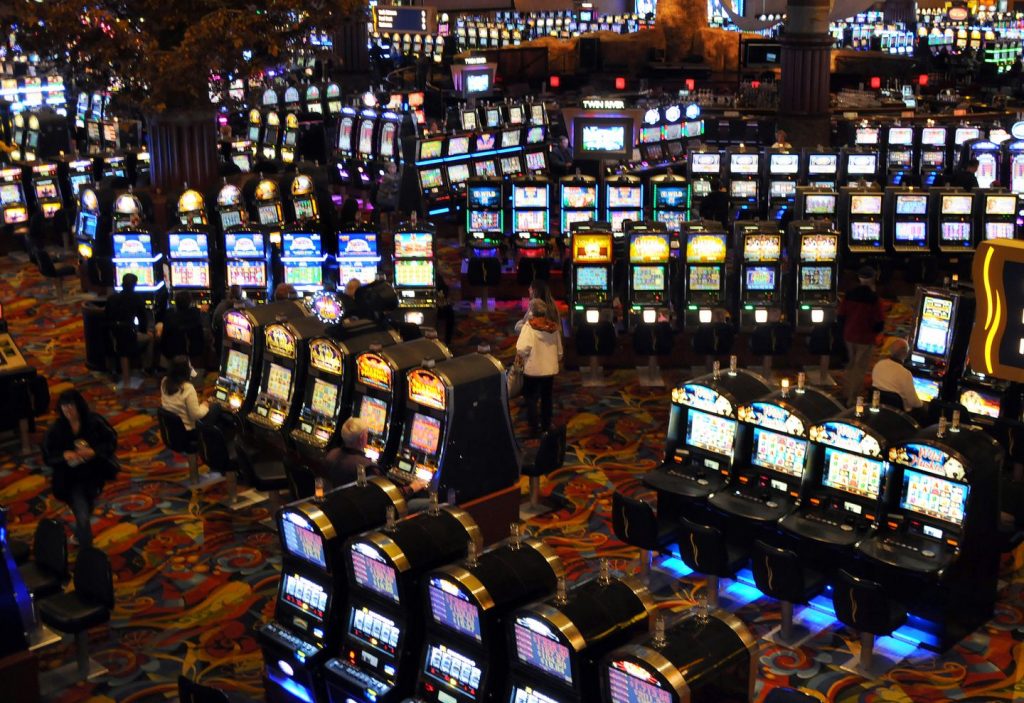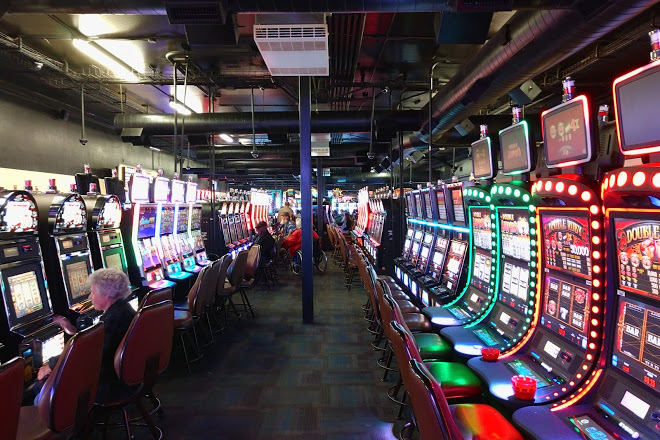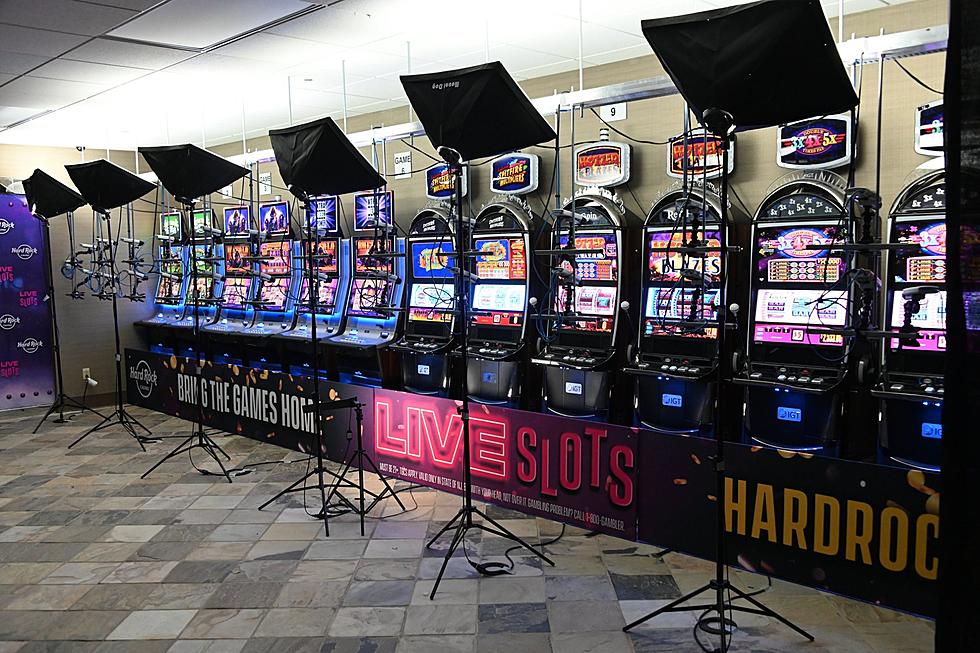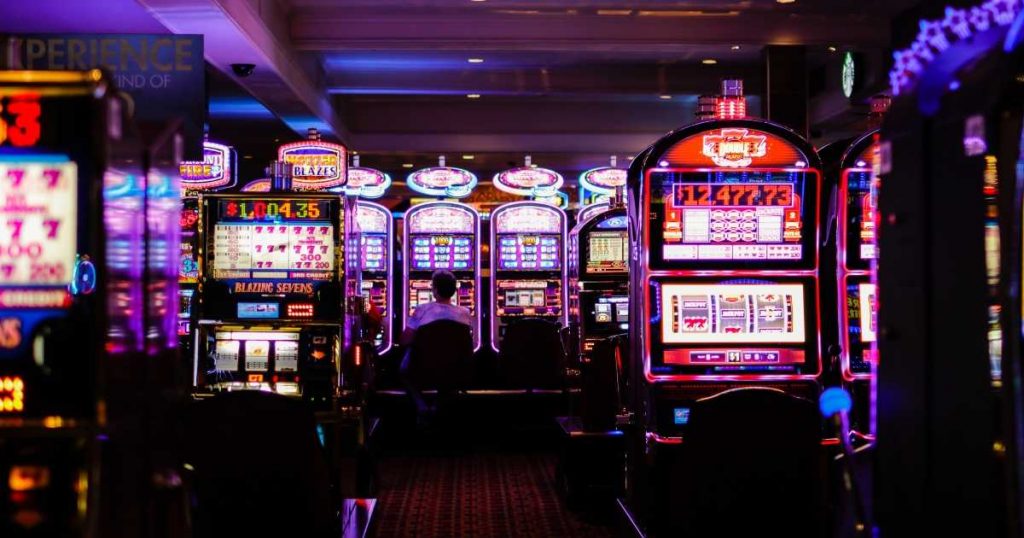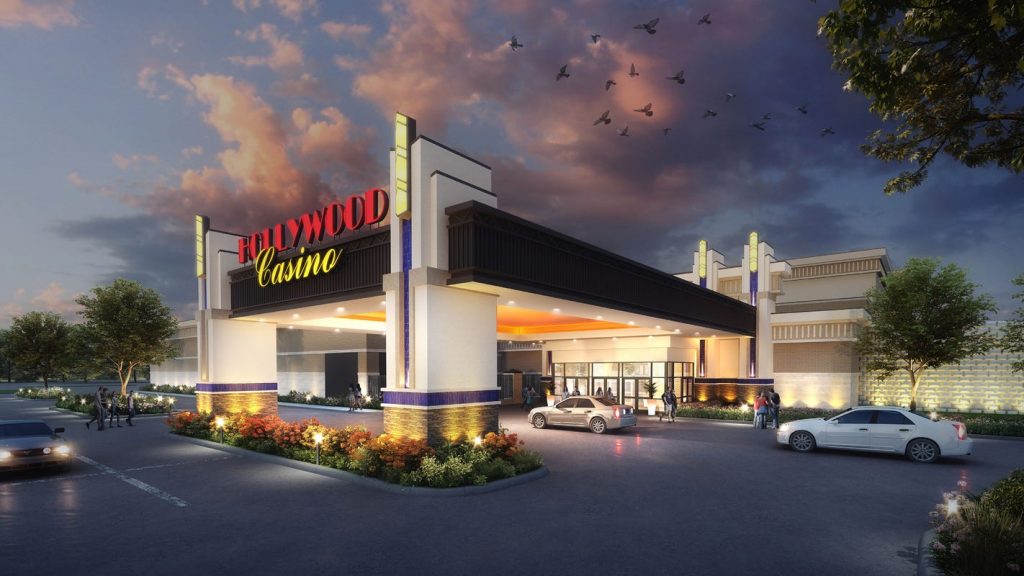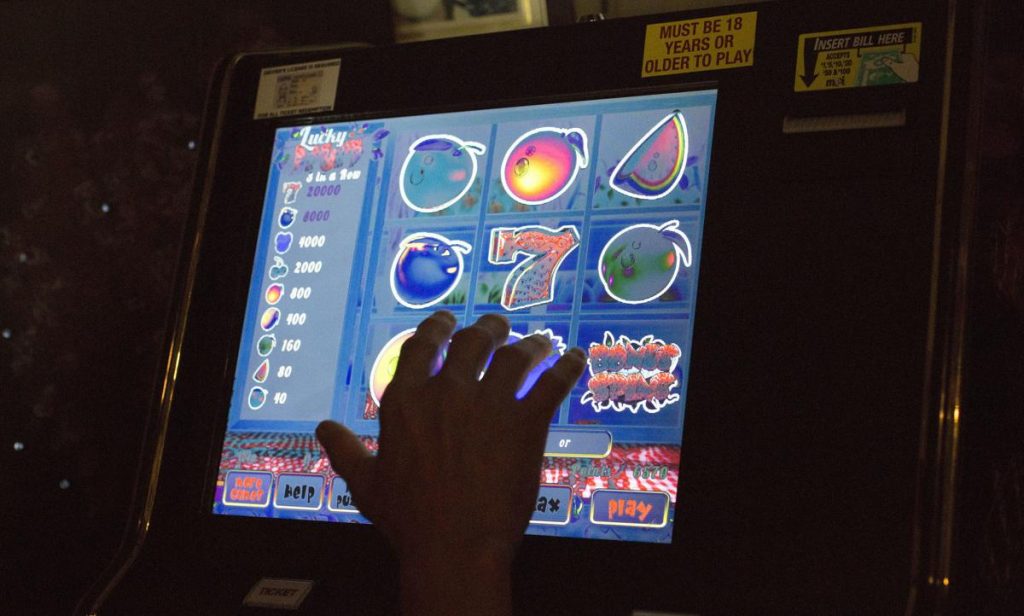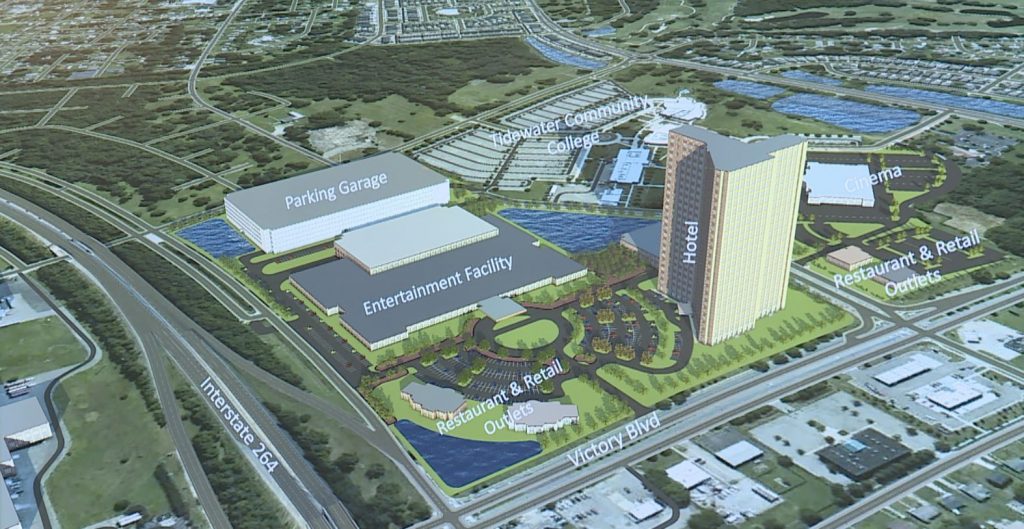As the spread of Covid-19 forces businesses to close throughout the country, Penn National Gaming finds themselves not only closing their doors but also halting all future projects. The rapidly spreading pandemic has forced businesses across the globe to close for the foreseeable future, and tourism and casino businesses appear to be taking the hardest hit. As Penn National operations come screeching to a halt, their stock continues to plummet, and the future of their operations hang in the balance. Now, the company is looking to rely on credit or a potential stimulus package to help them in these trying times.
Immediate Impact
Penn National has been forced to suspend operation at all of their Nevada locations, including Tropicana Las Vegas, The M Resort, and Cactus Petes for at least 30 days; with the rate at which Covid-19 is spreading, it is possible that these locations could be closed for even longer. The closure of these Nevada locations will immediately impact the 3,200 employees who work there. Throughout the entire country, Penn National has closed 34 total properties. The closures are the result of mandatory orders from various state governors who have called for the suspension of all nonessential businesses to help stop the spread of the virus. In the month of March in 2019 Penn National brought in more than $46.9 million from just two casinos in the state of Pennsylvania. Now the company is thinking of ways to combat this loss of revenue for the month of March in 2020.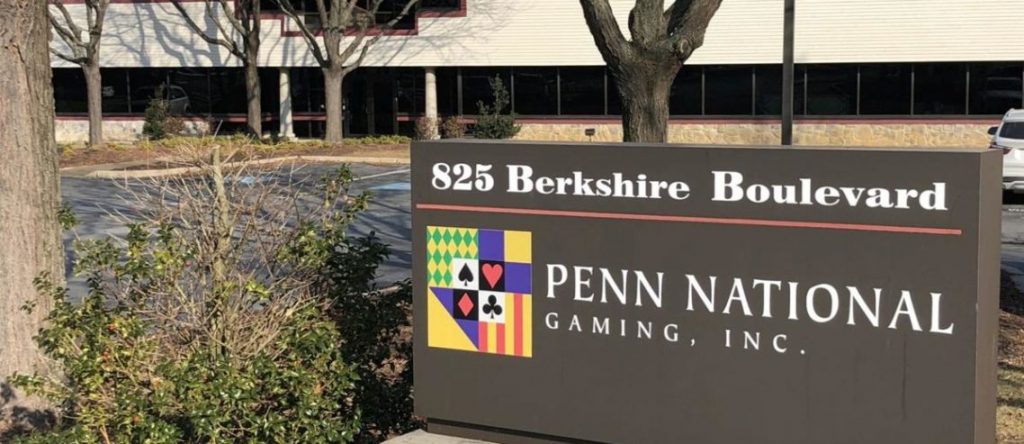
The closing of nonessential businesses has also forced Penn National to stop construction on two casino projects in Pennsylvania. The $110 million Hollywood Casino Morgantown and $120 million Hollywood Casino York were both slated to open by the end of 2020, but now their future is in question amidst work-stoppages related to Covid-19. After a record-breaking month in the stock market in February, Penn National has since seen an 80% drop in shares, dropping nearly 45% in a single day last Monday.
President and CEO of Penn National Gaming, Jay Snowden, has stated his support of Pennsylvania governor Tom Wolf’s decision to close nonessential businesses in the state. Along the same lines, he recognizes that under these circumstances it is necessary for Penn National to do what they can to keep themselves from going under in dire circumstances.
Plan for Recovery
In the immediate future, Penn National is planning to fall back on a $430 million credit. It’s unclear how they plan to use this credit, and company officials have stated that the fluid circumstances of the ever-evolving pandemic make it difficult to determine exactly the best use for their existing funds. The immediate concern is the thousands of workers who are suddenly finding themselves without work, and the absence of millions of dollars in revenue for the foreseeable future.
The effects of these closures have impacted casinos and gaming companies throughout the country, as more and more businesses are forced into these unexpected closures. The entire industry has seen a 51.3% decline in stocks, as millions are left without work and millions of dollars in revenue is being lost. The American Gaming Association, who bears the responsibility of representing casinos throughout the country, has called for a stimulus package that could help save the industry. In a statement to the U.S. government, the AGA noted the obvious impact that the pandemic has had on these businesses.
Like many other people throughout the world, Penn National will have to wait and see what the future holds for their business and its employees, as the circumstances surrounding Covid-19 continue to evolve.
